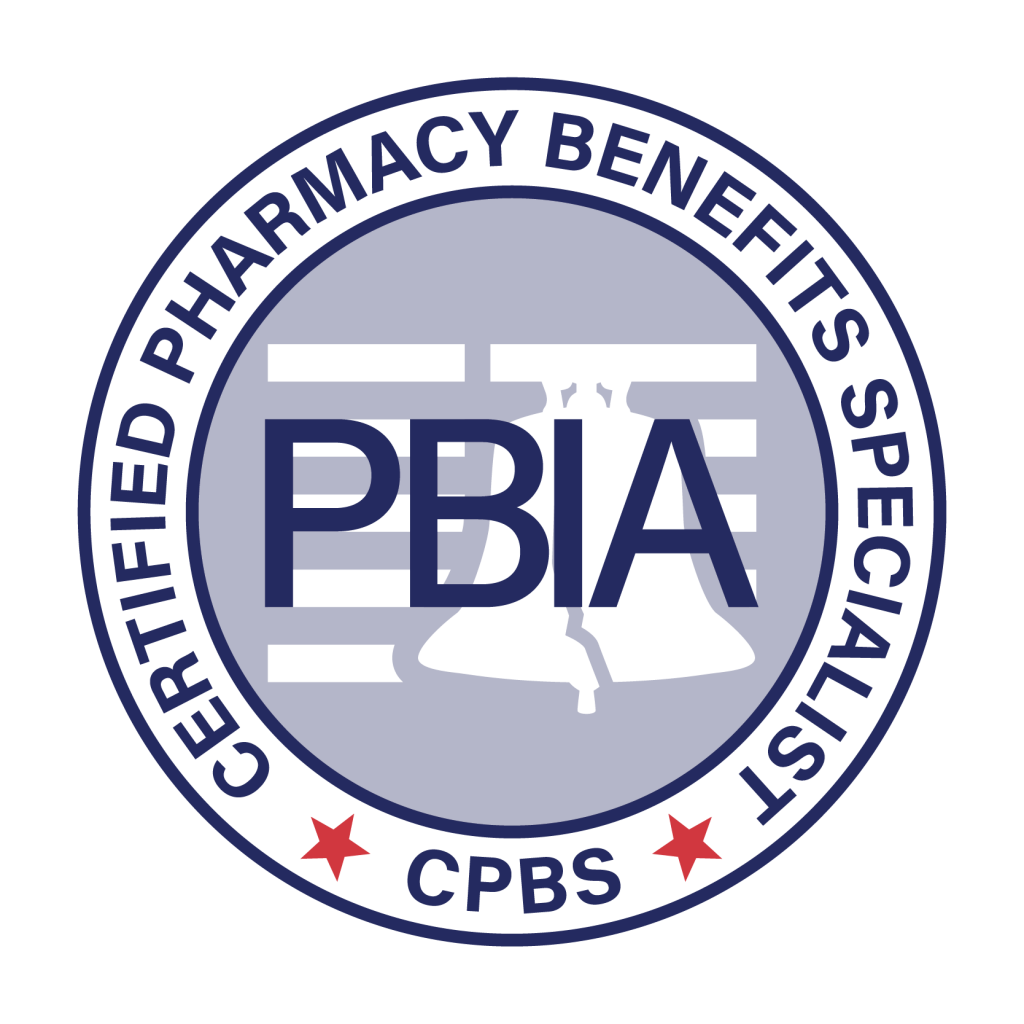How the 10 largest PBMs hold huge sway in health care marketplace and other notes from around the interweb:
- How the 10 largest PBMs hold huge sway in health care marketplace. The American Medical Association has gathered first-of-its-kind data on pharmacy benefit managers (PBMs) and its analysis finds a widespread high degree of market concentration in local markets across the U.S. where PBMs provide services to commercial health insurers. The AMA Policy Research Perspectives report, “Competition in Commercial PBM Markets and Vertical Integration of Health Insurers with PBMs” (PDF) presents the two largest PBM market shares and concentration levels for all states and metropolitan areas. The analysis found that 37% of the national markets for two services—formulary management and benefit design—were managed in-house by health insurers rather than buying those services from the PBM market. Commercial insurers largely use a PBM for three services—rebate negotiation, retail network management and claims adjudication—rather than conducting them in-house, which is why the report assesses market competition for those three PBM services.
- 4 questions to ask before signing your next PBM service agreement. The very idea of managing pharmacy benefits might make you nauseous. That’s because drug prices are skyrocketing, creating significant challenges for your company’s bottom line. You may think that your pharmacy benefit manager (or PBM) – who is responsible for handling contractual relationships between drug manufacturers, health insurance providers, pharmacies, and patients – would negotiate the best possible deals for everyone involved. Unfortunately, recent reports from the PBM Accountability Project show otherwise: PBMs often misuse their immense power by adding secret streams of revenue for themselves. The Federal Trade Commission (FTC) has noted this trend too and announced plans in 2022 to investigate the inner workings of PBMs. But some states are taking it upon themselves to crack down on PBM business dealings, too. For example, Florida and Iowa joined Michigan in passing legislation in 2022 that regulates certain PBM practices – while Ohio’s Medicaid department is also conducting audits.
- Payers and PBMs are restricting access to birth control options, report finds. Several large health insurers and pharmacy benefit managers (PBM) are limiting access to birth control medication, according to a report issued by the House Oversight and Reform Committee this week. There are more than 30 birth control products that health insurers and pharmacy benefit managers are placing cost-sharing requirements on, the report found. In other words, these healthcare stakeholders are making patients pay to cover part of the prescription drug cost — or else restricting coverage. The Affordable Care Act (ACA) requires that private health insurance plans cover birth control options that are approved by the Food and Drug Administration without asking for copays. Among the 34 birth control products identified in the report, 12 don’t have equivalent options on the market.
- Kroger seeks to end deal with Cigna’s Express Scripts over drug pricing. Grocery retailer Kroger Co said on Friday it has sent Cigna Corp’s subsidiary Express Scripts a written notice of its plan to terminate their pharmacy provider agreement for commercial customers due to an “unsustainable” pricing model. Kroger said it has made several attempts since February to negotiate with the pharmacy benefit manager for a “more equitable and fair contract that lowers cost, increases access, and delivers greater transparency, but there has been little to no progress to date”. Kroger said more than 90% of Kroger Health’s customers will not be affected by a termination of the deal, but if a new agreement is not reached by Dec. 31, most Express Scripts’ commercial customers won’t be able to fill prescriptions at Kroger stores. Cigna bought Express Scripts in 2018 in a $54-billion deal, creating one of the biggest providers of pharmacy benefits and insurance plans in the United States.

